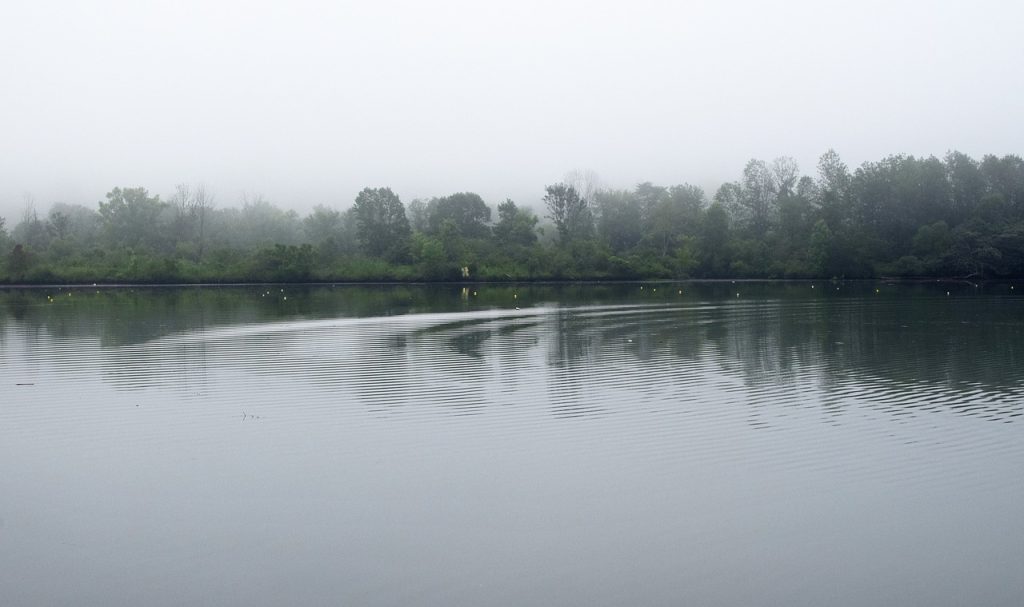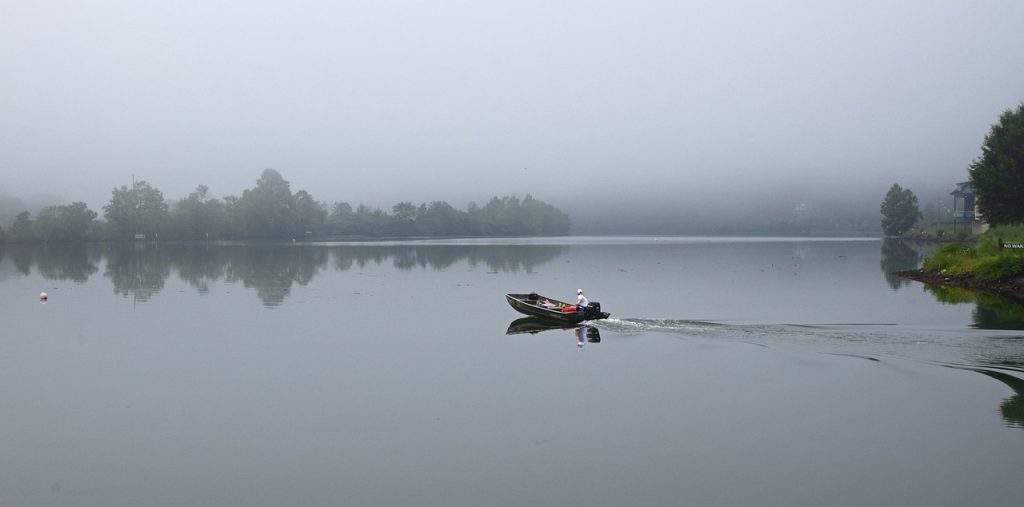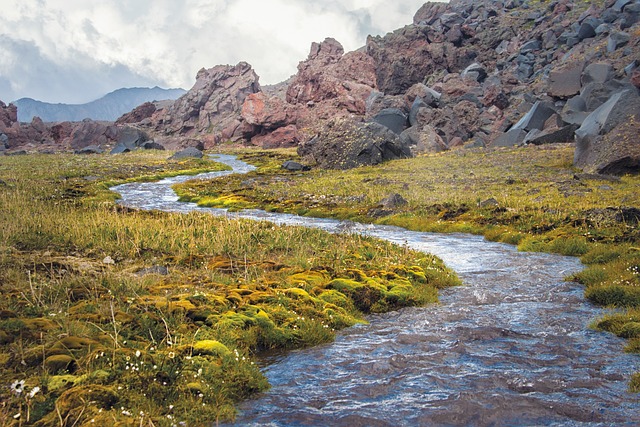Preserving Biodiversity: Why Rivers Matter
Rivers are lifelines for countless plant and animal species, many of which are rare and unique to these watery worlds. By protecting our rivers and their surrounding habitats, we’re safeguarding the homes of these species and keeping our ecosystems balanced.
Rivers aren’t just water; they’re highways for migrating species, offering food, shelter, and breeding grounds for both aquatic and land-based creatures. If our rivers suffer, so does the incredible diversity of life they support.
Sustainable Resource Management: The Role of Rivers
Rivers are a crucial source of freshwater, vital for our survival and the health of the planet. Managing water resources wisely ensures we have clean water for drinking, farming, and industry.
Beyond just water, rivers support key economic activities like agriculture, fishing, and tourism. By taking care of our rivers, we’re also supporting these industries and promoting sustainable development, which boosts the livelihoods of local communities.
Mitigating Conflicts Through River Conservation


Water scarcity often leads to conflicts between communities, regions, and even countries. By managing our rivers sustainably and ensuring fair access to water, we can ease these tensions and reduce the chances of conflict.
Healthy rivers also act as natural defenses against floods and droughts. With proper management, we can lessen the impact of these natural disasters and prevent conflicts over scarce resources.
Cultural and Social Benefits of Rivers
Rivers hold deep cultural and social significance for many communities around the world. They’re often seen as sacred and play a central role in spiritual and religious practices. Rivers also provide spaces for recreation, like boating, swimming, and fishing, enriching our lives and well-being.
Moreover, rivers are tied to our cultural heritage and history. They’ve inspired countless artists, writers, and musicians. By conserving rivers, we’re preserving these cultural treasures and maintaining a sense of identity and connection to our past.
The Need for Global Collaboration
Rivers cross borders and so must our efforts to protect them. Effective river conservation demands the cooperation of nations and organizations worldwide. By working together, we can create better policies, share knowledge, and practice sustainable methods to safeguard our rivers.
International agreements and initiatives are crucial in this global effort. By joining forces, we can tackle common issues like pollution, dam construction, and overuse of water resources. Through collaboration, we can ensure our rivers remain healthy and vibrant for future generations.
